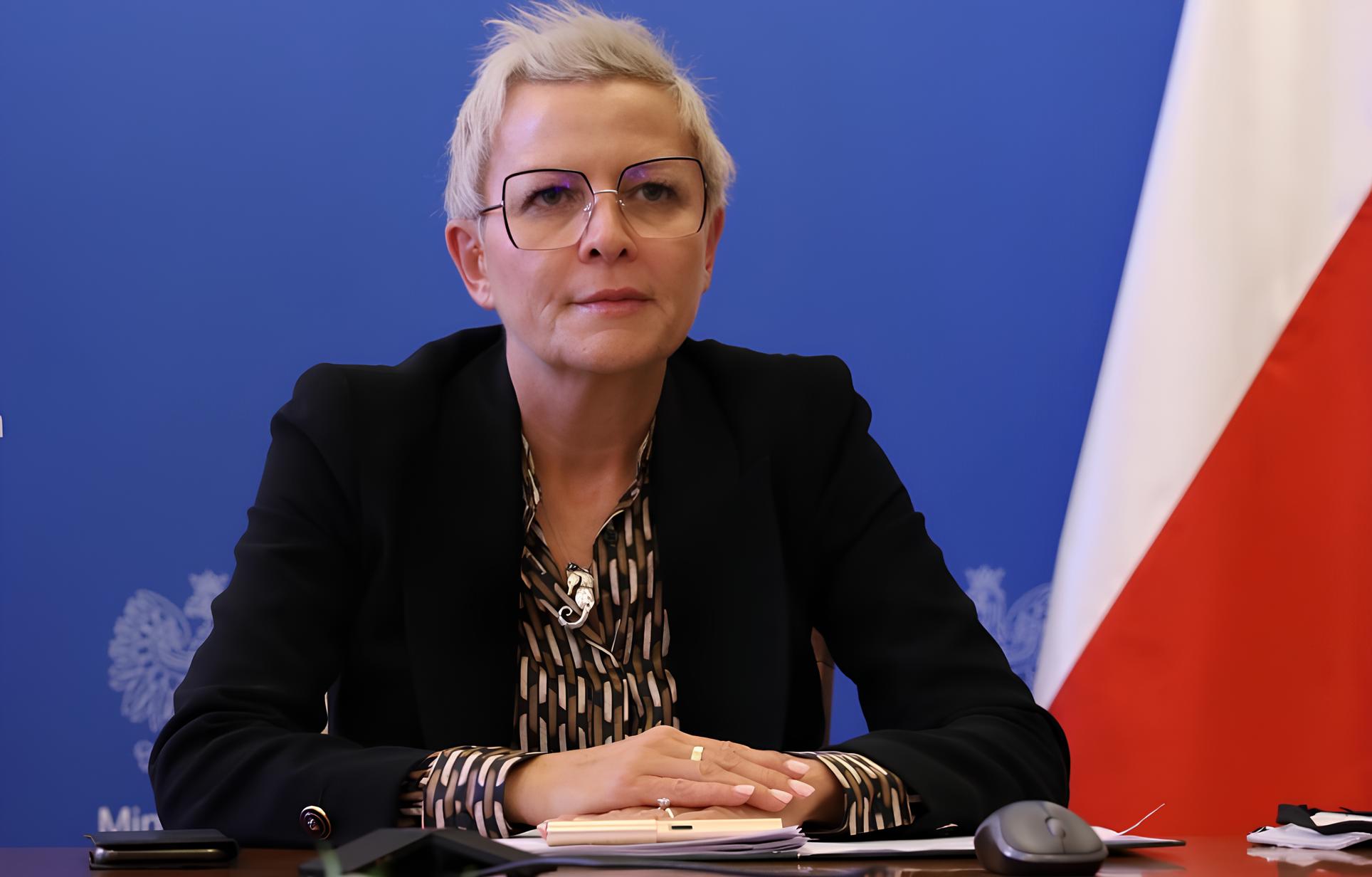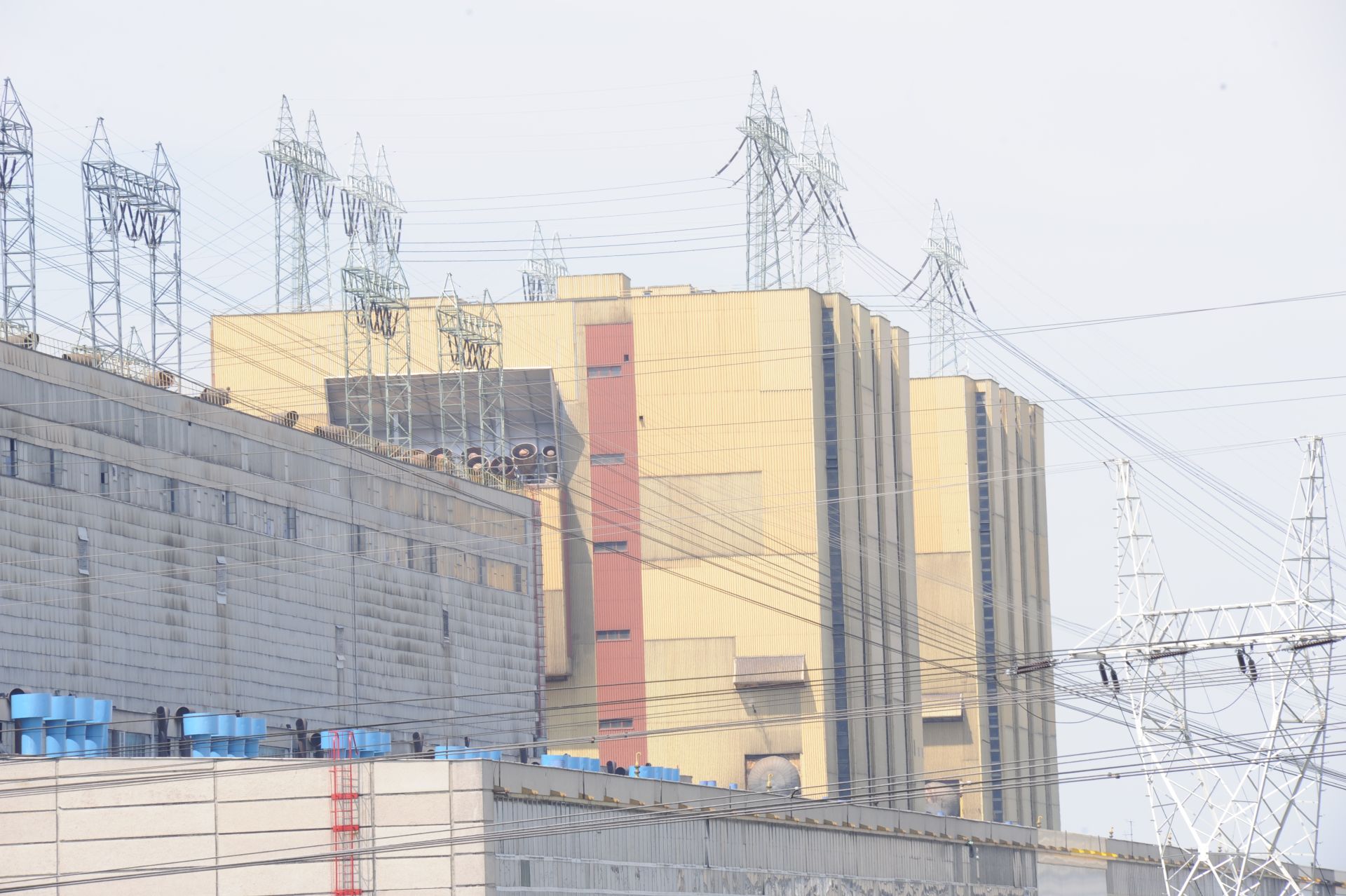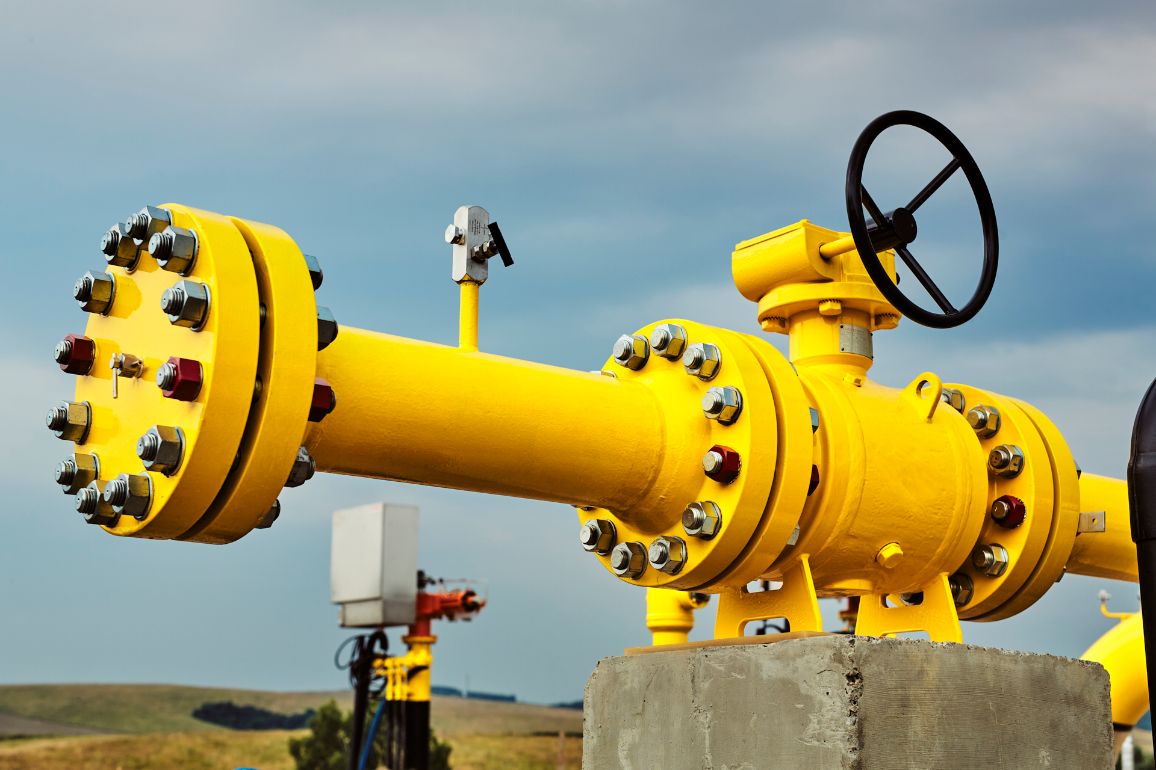Poland can't give up coal-fired power plants so easily. "This is a race we're losing."

- - In Poland, coal-fired power plants that will be outside the capacity market will still be needed after 2028 - says Anna Łukaszewska-Trzeciakowska, Deputy Minister of Climate from July 2022 to June 2023, later Government Plenipotentiary for Strategic Energy Infrastructure and subsequently Minister of Climate and Environment.
- As he adds, over the next few years we will not replace coal-fired power plants with other available sources capable of securing the operation of the National Power System during periods when weather-dependent renewable energy sources are not operating.
- In an interview with WNP, she outlines what she believes can be done to maintain the necessary coal-fired power plants in the market after 2028, what the alternative to the current government's idea might be, and why she considers it better. She also comments on the development of gas energy in Poland.
- We will discuss what changes are necessary to accelerate the transformation process of the Polish energy sector during the Energy Days conference, which will be held in Katowice on October 1-2.

In Poland, coal-fired power plants are still essential to ensuring continuous electricity supply. After 2028, many of them will lose support from the capacity market and may be shut down due to unprofitability. In your opinion, will these coal-fired power plants that are excluded from the capacity market still be needed after 2028?
- They will still be needed and will still guarantee Poland's energy security .
"Further support for coal from the capacity market in exchange for investments in low-emission sources requires the consent of the European Commission"Over the next few years, we simply won't be able to replace coal-fired power plants with other dispatchable sources capable of safeguarding the National Power System (KSE) during periods when weather-dependent renewable energy sources are not operating. Therefore, we must do everything we can to ensure that essential coal-fired power plants continue to operate beyond 2028.
The more intermittent renewable energy sources we have in the system, the more dispatchable, flexible sources we need to stabilize and secure the operation of renewable energy sources. This is a race we are currently losing because we are not building enough new dispatchable power plants.
Therefore, we have no choice but to maintain the available capacity we have, and in our case, these are aging coal-fired power plants. They must remain in the system.
In your opinion, are energy storage systems at least a partial answer to these challenges related to balancing the demand and supply of power and energy?
- They are not, because they are usually storage facilities that last only a few hours and are useless in longer periods when it comes to introducing power into the system. Hence the capacity market auctions , which PSE (Polish Power Grids - editor's note) has elegantly called "extra-time auctions," and which were calculated to build new available capacity.
It is a fairly common opinion that without revenues from the capacity market, these still needed coal-fired power plants will not survive, and if so, how can they be kept in the system?
- I saw the idea of the Ministry of State Assets, of course without details, announced on the occasion of the information that the NABE project , which assumes that energy groups will obtain financing for coal-fired units until they are shut down when new gas-fired units are launched, will not be implemented.
This would mean forcing energy groups to undergo a specific transformation, but I have no objection to this in this case, as it concerns the country's energy security. However, such a bundled transaction—continued support for coal from the capacity market in exchange for investments in low-emission sources—requires the consent of the European Commission.

I don't know if or when this is possible, as I don't know what stage the current government is at in its talks with the European Commission on this matter. However, to maintain coal-fired power in the market after 2028, such a derogation is undoubtedly necessary . That is, the ability to support coal-fired power plants from the capacity market after 2028, even though they do not meet the emission criterion of less than 550 kg CO2/MWh , or some other mechanism with a similar effect.
What mechanism could this be?
- I am inclined to continue the discussion about separating coal-fired power plants from energy groups, but not in the form of a commercial company - that was on the table in the form of NABE, but in the form of an entity that we can call, for example, an agency.
"By obtaining a new derogation for coal, we still do not solve two problems"Such an entity, which would not be a commercial law company, would not have the obligations applicable to commercial law companies, including the need to ensure profit, but would be obliged to maintain coal-fired power plants as long as they are needed in the system, bearing only the costs necessary for this purpose.
I assume that such an entity would be financed partly from the sale of electricity and partly from the state budget, for example by transferring part of the proceeds from the sale of CO2 emission allowances, because ultimately its existence would support the transformation, which could be stopped by the premature shutdown of coal-fired power plants.
How would this solution be better than another derogation for coal, as proposed by the Ministry of State Assets?
We may be able to obtain another derogation for coal, but the question is when and for how long. In any case, obtaining a new derogation for coal still leaves us unsolved two problems .
Firstly, the stability of the prospects for coal-fired power plants, as these will continue to be temporary solutions, and secondly, the coal overhang in energy companies, which means they still do not have as large an investment flywheel as they could have without coal.
In other words, another derogation for coal-fired power plants is a temporary solution, and we need a permanent mechanism. Of course, coal-fired power plants would also be phased out in the agency I'm talking about, but in a way that would be safe for the National Power System.
Has the PiS government analyzed the idea of an agency?
- We only analyzed it initially. We fought for NABE until the very end, as it was the first-choice solution at the time, but we also had doubts about the assumptions behind its construction.
After a year and a half of the current government's empty runs on the NABE issue, we now know that there will be no NABE, and we have an idea for another derogation for coal. The idea of establishing an agency for coal-fired power plants is an alternative to the derogation .
"I am not delighted with the solution pushed through by the Polish presidency"I think it would be possible to gain approval from Brussels for such a solution. In my opinion, it has more advantages than a derogation, and above all, it permanently ensures the availability of coal-fired power plants for as long as needed.

Did you predict a few years ago that energy groups would invest so heavily in gas energy?
"In my opinion, gas-fired power generation has the disadvantage of not being the foundation of an energy system. It has low investment costs but highly volatile operating costs, which is related to the gas market. Geopolitical turmoil , which we cannot currently predict, could again profoundly disrupt this market and gas prices."
I don't know if anyone can accurately predict what will happen in the gas market beyond a year. I'm even less impressed with the solution pushed through by the Polish presidency , namely increasing the flexibility of mandatory gas reserves. I don't believe this is a solution that will ensure our long-term energy security.
Should the development of gas energy in Poland, at least as far as state-controlled energy groups are concerned, be limited to those projects that result from the groups' current strategies?
" It seems very dangerous , to put it colloquially, to keep all our eggs in one basket and transform our energy sector from coal to gas . This could end up like Italy, which is currently very dependent on gas for energy, and it turns out that this is not good for them. So much so that Italians have started talking about nuclear power, which is a truly Copernican shift for Italy."
We will soon publish the second part of the interview with Anna Łukaszewska-Trzeciakowska, in which she discusses, among other things, what she believes can still be done to make energy demand more flexible, what support the first Polish nuclear power plant needs, and why, in her opinion, DSOs should be separated from energy groups.
wnp.pl





